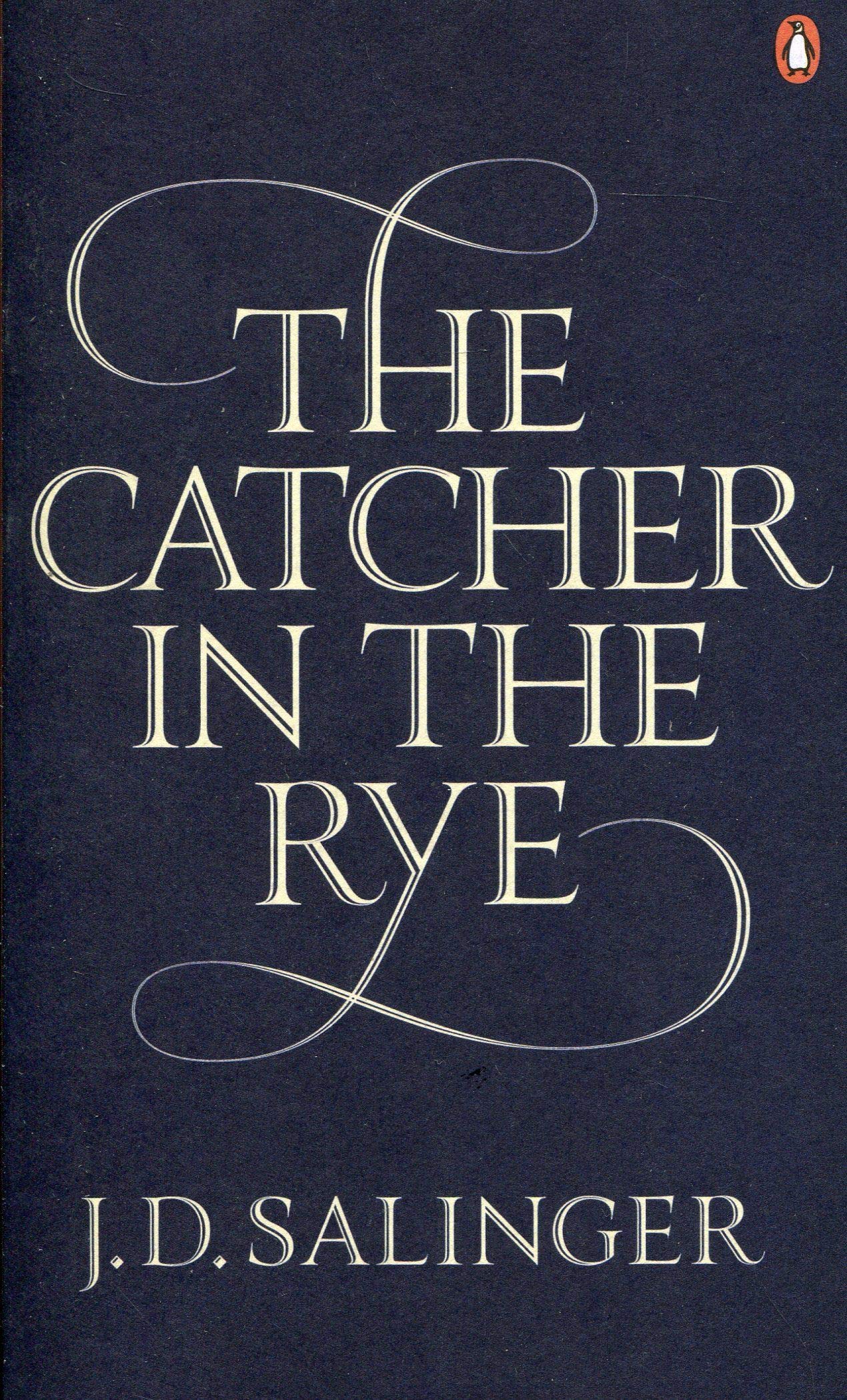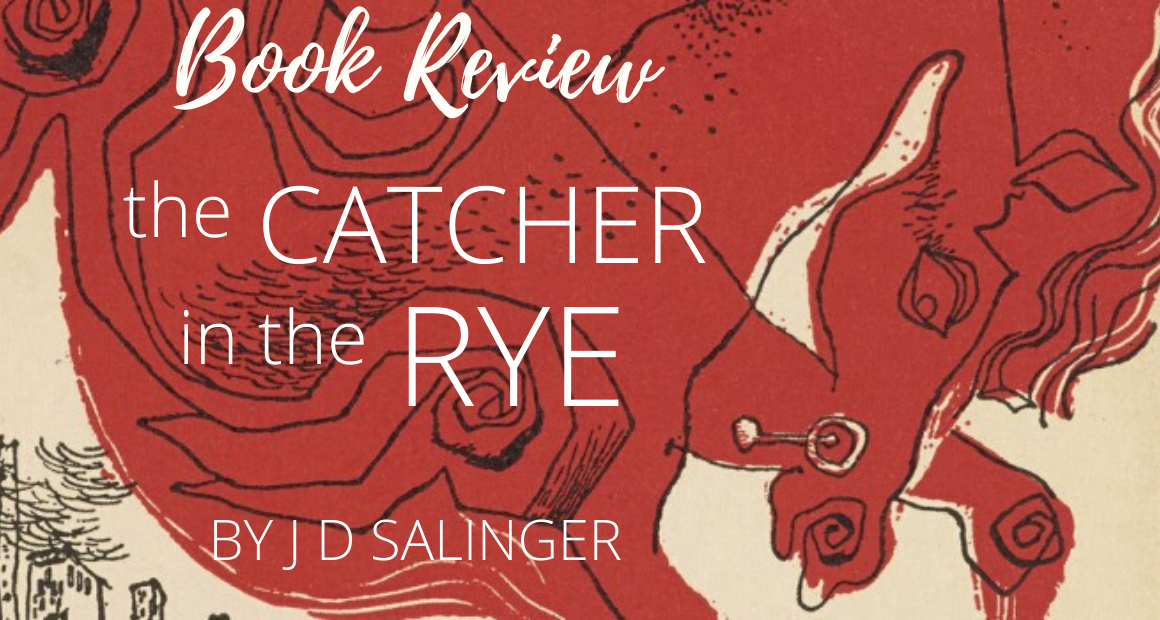Title: The Catcher in the Rye
Author: J D Salinger
Publisher: Little, Brown and Company
Genre: Coming-of-age Fiction, Bildungsroman
First Publication: 1951
Language: English
Major Characters: Holden Caulfield, Robert Ackley, Stradlater, Phoebe Caulfield, Allie Caulfield, D.B Caulfield, Sally Hayes
Setting Place: Agerstown, Pennsylvania and Manhattan, New York in 1950
Theme: Phoniness, Alienation and Meltdown, Childhood and Growing Up, Madness, Depression, Suicide
Narrator: First-person through Holden Caulfield’s point of view
Book Summary: The Catcher in the Rye by J D Salinger
Thrown out by his fourth school, Holden Caulfield, the protagonist of The Catcher in the Rye is a lazy, reclusive boy. The profanities used in the book best express his frustrated state of mind and from the way his parents live to his fake teachers to his roommate who scores with girls using sickly-sweet affection, no one is spared from it. After being fed up of the ‘phoniness’ of adulthood, Holden as a revolt heads to New York City.
The book describes his encounters with flirtatious middle-aged women, prostitutes, nuns, wayward taxi drivers, alcohol and drugs. Holden’s journey of self-discovery turns to a life full of debauchery but his sister Phoebe helps him recover from it. He narrates all these events to the readers as a flashback.
The teenage dilemma about the way life works, feelings of alienation and the struggle against the artificial world, everything is described meticulously in The Catcher in the Rye by J D Salinger. The blunt, offensive language add more to the strong emotions of the protagonist.
Book Review: The Catcher in the Rye by J D Salinger
Most novels are written to be enjoyable. I feel The Catcher in the Rye by J D Salinger was written to be more thought-provoking than enjoyable. Its sole purpose is to put the world into a different perspective for the reader, or else support their perspective if they have a similar outlook as the protagonist Holden Caulfield. Anyone who goes through phases of detachment will relate to this book easily. Anyone who generally finds themselves content with the world we live in will not discern any value in this novel without being open-minded to the opinions of people who see the world from a less admirable point of view. I think that is the best explanation I can offer as to why some people really feel for this book and others don’t.
“What really knocks me out is a book that, when you’re all done reading it, you wish the author that wrote it was a terrific friend of yours and you could call him up on the phone whenever you felt like it. That doesn’t happen much, though.”
Sixteen year old Holden Caulfield has just been expelled from school for the umpteenth time. After leaving the school premises he travels straight to a nearby hostel where he plans to stay for a few days so that he is not at home when his parents receive the news of his expulsion. Living alone in the city for a couple of days leaves Holden to seek weird encounters with strangers and old friends. As well as wandering aimlessly around the city for days, Holden is contemplating the people who have left a mark on him so far in his life, while also pondering his loathing for superficial and pretentious things that people do for popularity and success. The young man is at a point where he is questioning the purpose and sincerity of everything to the extent where it is wearing his interest to participate in life.
The unreliable narrator is one of my favorite aspects of literature and Holden Caulfield takes the gold medal in this category. It’s also an excellent representation of what depression can do to a person–you feel loneliest when you’re around people, you don’t feel excited about anything, you self-sabotage, you ramble about feelings you can’t articulate.
“The mark of the immature man is that he wants to die nobly for a cause, while the mark of the mature man is that he wants to live humbly for one.”
I think why The Catcher in the Rye by J D Salinger has been so successful over the past several decades is because of its interesting depiction of issues that only concern us as we get older. I feel like this book was ahead of its time, as it swerved from traditional themes and methods of storytelling, giving it a modernist air and therefore contributing to its success for being alternative. As for the controversy, that may be due to its underlying message that cynicism holds more truth than optimism.





